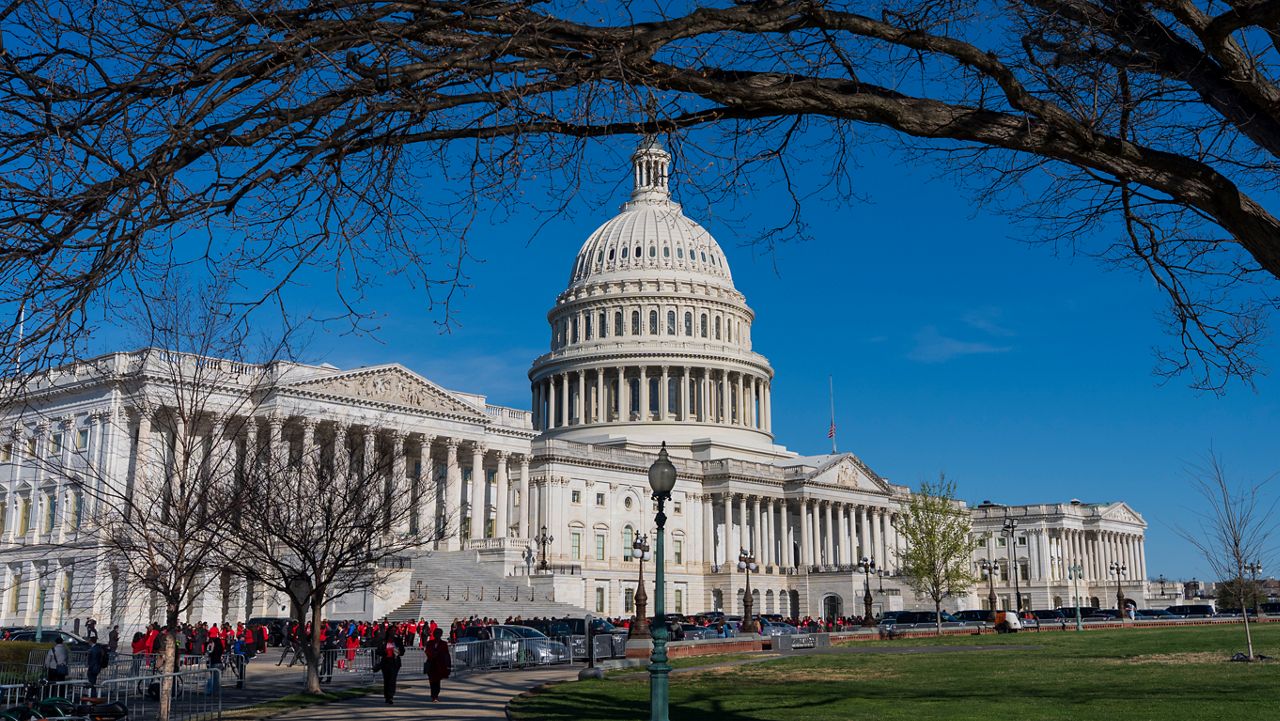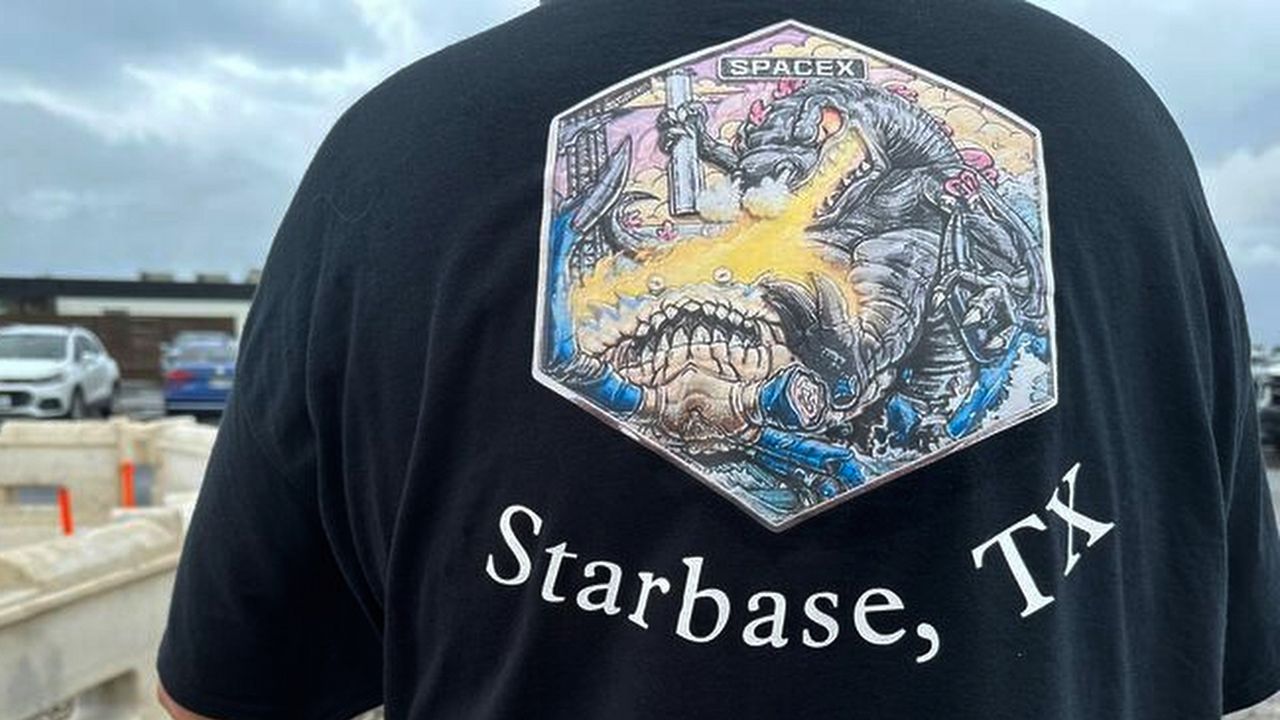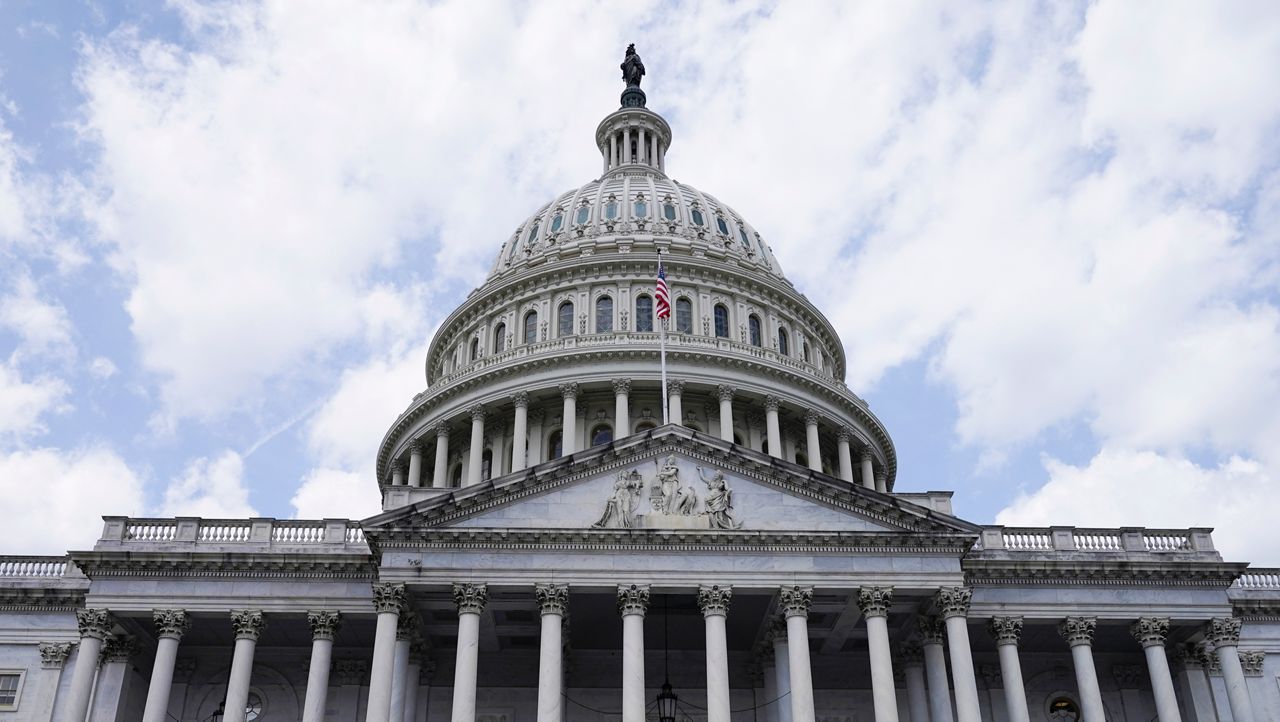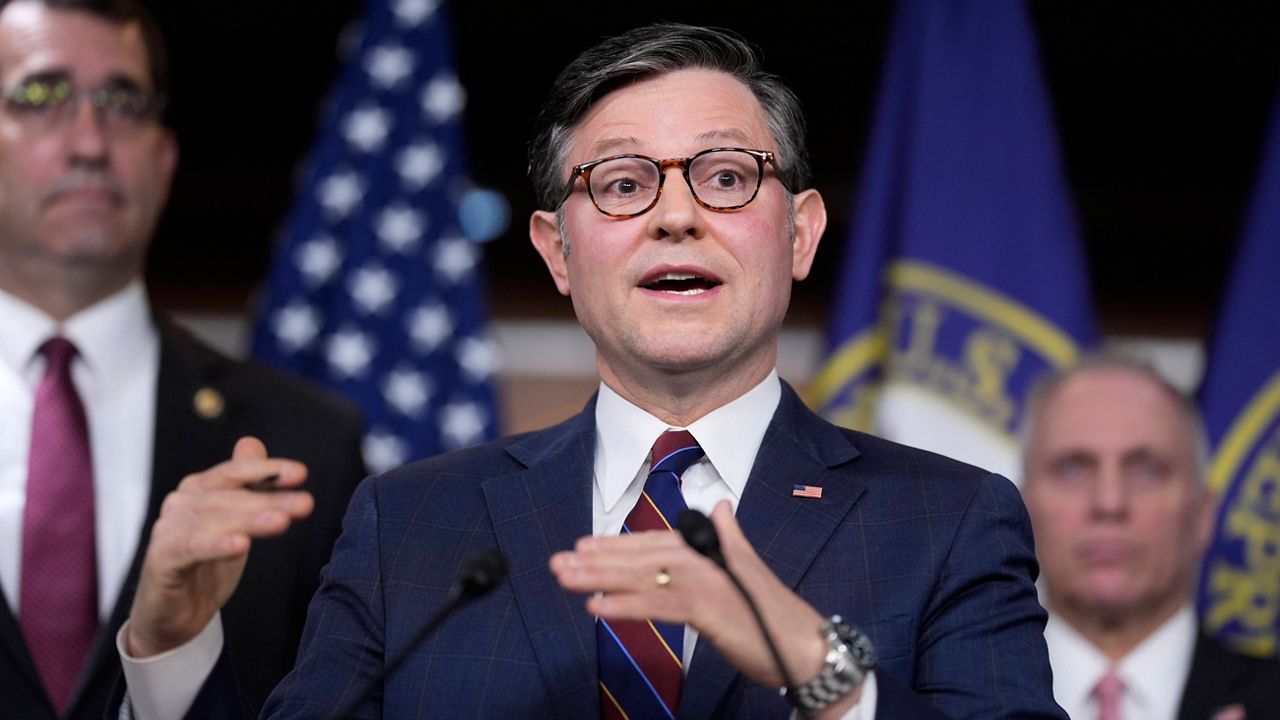WASHINGTON, D.C. — A subcommittee of the House Natural Resources Committee led by Republicans heard testimony from the CEOs of companies developing techniques to retrieve minerals like cobalt and copper from the deep sea.
Proponents, including the Subcommittee on Oversight and Investigation’s chairman, say it has the potential to generate billions of dollars.
“Current estimates place a value of up to $16 trillion on seafloor critical minerals around the world. Estimates of seabed minerals in U.S. waters alone suggest that seabed mining could add over $300 billion to America’s sea GDP over the next decade, and create more than 100,000 jobs,” said Republican Rep. Paul Gosar of Arizona.
The panel’s Democrats say it’s an expensive and risky business, and that President Donald Trump’s executive order to expedite the deep-sea mining permitting process bypasses the International Seabed Authority.
“Such a move would violate international law, strain relations with Pacific communities and set a dangerous precedent for unilateral exploitation, opening the door for adversaries like China and Russia to justify expanding their own maritime activities,” said Democratic Rep. Maxine Dexter of Oregon.
An environmental lawyer testified it could disrupt marine life and biodiversity.
“The deep sea is a treasure trove of biodiversity and home to untold wonders and possibilities. Destroying these possibilities and going it alone will be disadvantageous to the United States, economically, scientifically and environmentally,” said Duncan Currie Legal Advisor, Deep Sea Conservation Coalition.
The CEO of one company, Impossible Metals, pushed back, testifying that the impacts would be minimal.
“Our underwater robots hover to collect the mineral rich nodules from the seabed through an AI driven selective harvesting. We pick up nodules individually, avoiding all visible life and leaving 60% of the nodules untouched to preserve the marine biodiversity,” said Oliver Gunasekara, CEO and Co-Founder, Impossible Metals.












